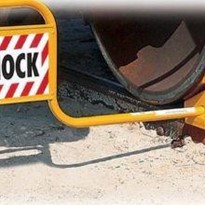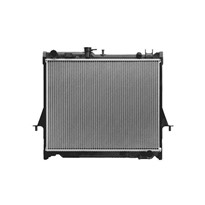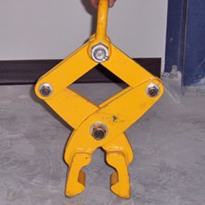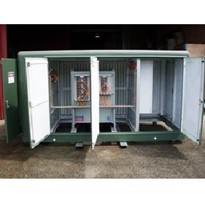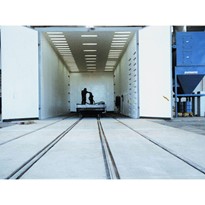This makes preventative maintenance a very valuable investment indeed for your vehicle.
Since so many common rail diesel vehicles are in service now, it's important for owners to know how to identify and understand the sorts of problems regularly encountered. That then makes it a lot easier for you to decide what action you need to take to solve your particular problem, at low cost, and before it becomes more serious!
Firstly, here's a list of most of the usual common rail diesel problems:
- Smoke
- Power loss
- Rough idle
- Engine rattle
- Dirty diesel engine oil
- Oil use
- EGR valve problems
- Inlet system deposits
- Turbocharger failures
- Excessive diesel particulate filter regenerations
Next, you need to understand what causes these common rail diesel problems, and why:
- Diesel fuel quality…Avoid the cheap stuff. Avoid using truck diesel in light common rail engines.
- Operating conditions…if you do a lot of short runs, excessive idling, cool operating, light engine loadings, this will contribute to deposit problems in your combustion chamber, exhaust spaces, turbocharger, and diesel particulate filter.
- Your common rail injection system is very high pressure, and high temperature…sufficient to degrade the fuel, which leaves deposits in your pumps and injectors, and lowers your fuels lubricating ability. Your fuel filter going black is a sign of this happening.
- Sticking fuel injectors…Your fuel injectors then stick and allow excess fuel which also results in carboning up of your EGR valves, turbochargers, DP filters, combustion chambers and more.
- Piston ring deposits also form, which allows compression blow by pressure into your sump, and heavy soot contamination of your oil.
- Throttle body and intake manifold deposits…This sump pressure is released via your crankcase ventilation system into your air intake system, carrying with it an oil mist. The mist mixes with exhaust soot from your EGR valve to start fouling your throttle body and choking up your intake manifold.
Here's how to rectify these common rail diesel problems, before too much damage is caused:
- Use CRD Fuel Enhancer with every fuel tank. It's cheap to use (you'll use only 10mL per 80L diesel). Faulty CRD injectors can normally be fully recovered, by just using the CRD Fuel Enhancer. The cleaning and lubricity power ensures that your injectors meter fuel accurately, without over-fuelling. You'll find it even cheaper to use than 2 stroke oil and has far stronger lubricity and detergency.
- Flushing Oil Concentrate is recommended to clean out your oil system of soot and sludge, and free up piston rings to tighten up the seal against blow-by and oil use. If you do this every oil change, it is low cost, and your engine will stay cleaner and healthier than ever.
- If you use both these products, in combination, you'll directly address your inlet system deposits, injector fouling, smoke, injector rattles and power issues.
- If you already have heavy inlet deposits, (and there may be 2-3 cups of gunk to deal with) it's best that you physically clean them rather than spray solvent through your intake and risk serious engine damage.
- If your engine already has heavy coking of combustion chambers, turbos, EGR's or Diesel Particulate filters, we recommend you also use FTC Decarbonizer in your fuel. This will actively burn off carbon from combustion and exhaust spaces, turbochargers, and right down to DP filters. This is especially advantageous, when a lot of short runs, idling or light duty use are encountered.
Using these three products as directed will successfully eliminate over 80% of all common rail diesel problems.


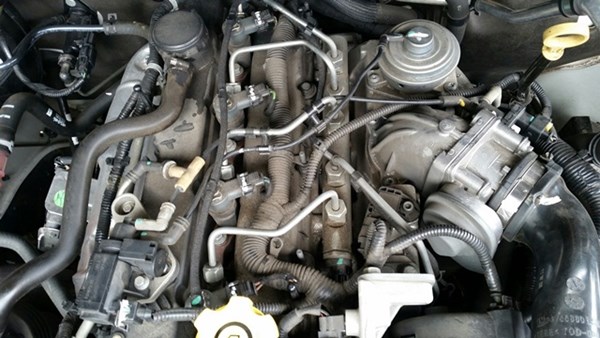

-160x160-state_article-rel-cat.png)

-160x160-state_article-rel-cat.png)

-160x160-state_article-rel-cat.png)
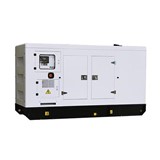

-160x160-state_article-rel-cat.png)





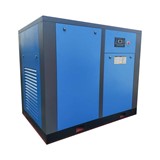
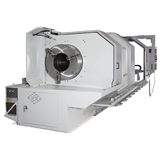




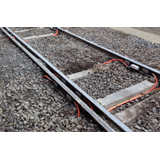
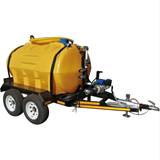
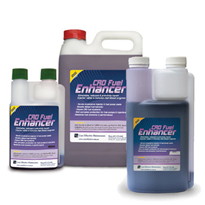
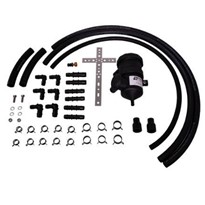
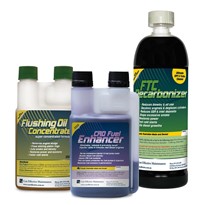
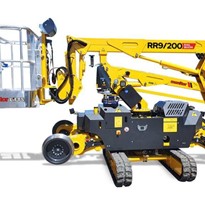
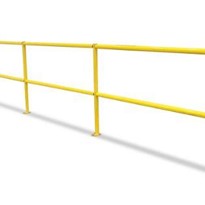
-205x205.jpg)


